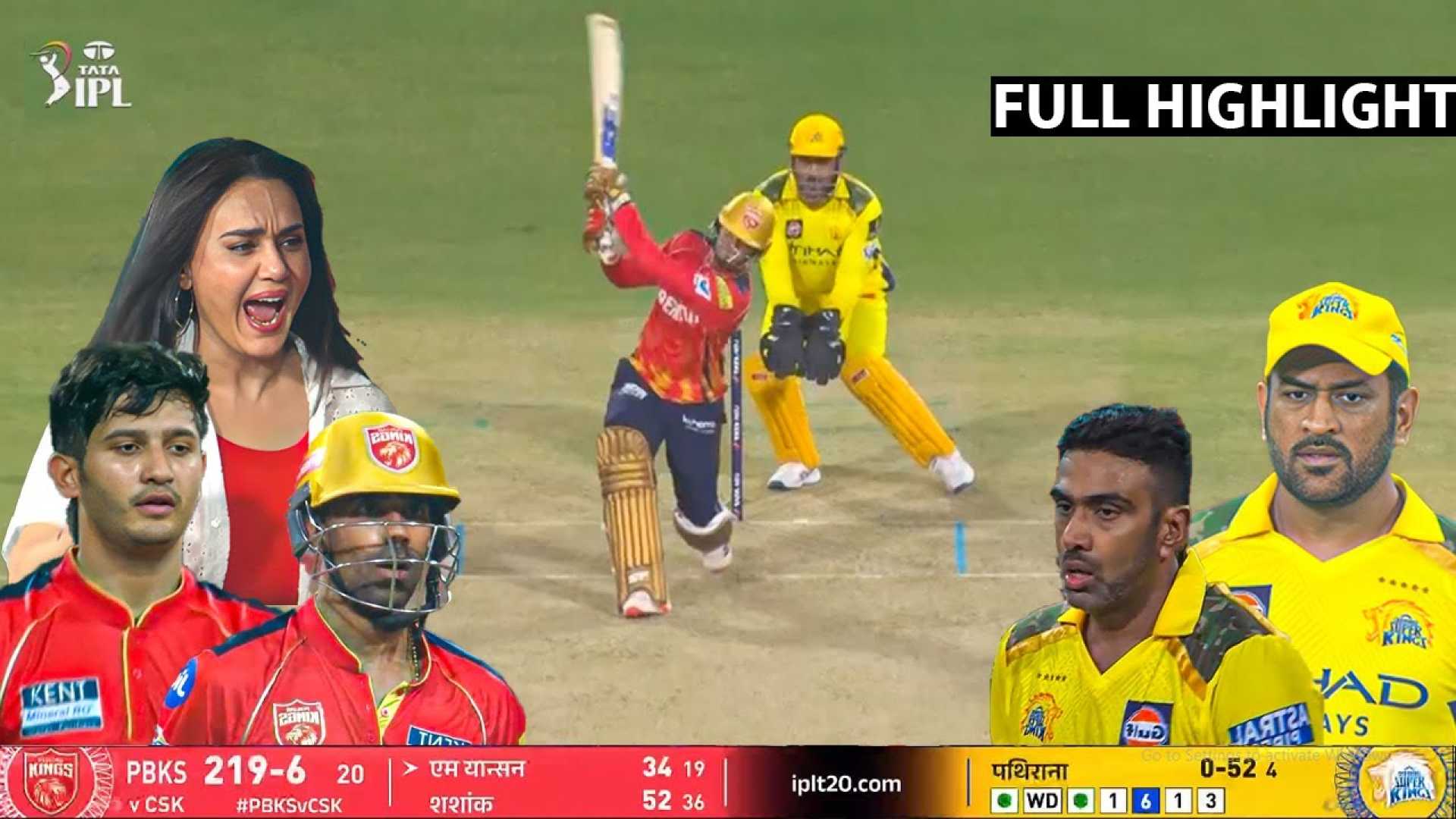Sports
IPL 2025: Controversial Decisions Impact Punjab Kings vs Chennai Super Kings Match

CHENNAI, India — In a tense match on April 15, 2025, the Punjab Kings faced off against Chennai Super Kings in a thrilling encounter that has left fans buzzing over a series of controversial decisions made by the umpires.
The game, which took place at the iconic M. A. Chidambaram Stadium, saw Punjab Kings opening their innings with a strong start. However, the dynamics of the game shifted dramatically during a pivotal moment in the middle overs.
As Punjab’s captain, Shikhar Dhawan, led his team to a solid 145 runs, a contentious caught behind decision against him prompted frustration among the players and supporters alike. Television replays suggested that the ball had not touched the bat, leading to a chorus of disbelief from the crowd.
“That decision was shocking for us,” Dhawan said in the post-match interview. “In such crucial matches, every run counts, and I felt utterly disappointed for my team.”
Despite the setback, Punjab managed to post a total of 180 runs. However, Chennai’s response was equally aggressive, led by their captain MS Dhoni, who scored a quick-fire 62 runs off 36 balls.
Chennai cruised towards their target until another controversial moment occurred: a suspected no-ball during a crucial moment that could have shifted the match’s momentum. Many fans and analysts pointed out that the call could have been reviewed using the Decision Review System (DRS), which is often employed in IPL matches.
“Umpires have a tough job, but the stakes in such matches are incredibly high,” remarked former player Ian Bishop, now an analyst. “These calls are crucial not only for the teams but for the integrity of the game.”
Ultimately, Chennai secured the win by a margin of five wickets. However, the focus of post-match discussions centered on the umpiring decisions rather than the gameplay itself.
As teams head into the next week of IPL 2025, the cricket community is calling for a review of officiating standards and the possibility of implementing enhanced technological support to ensure fair play.












